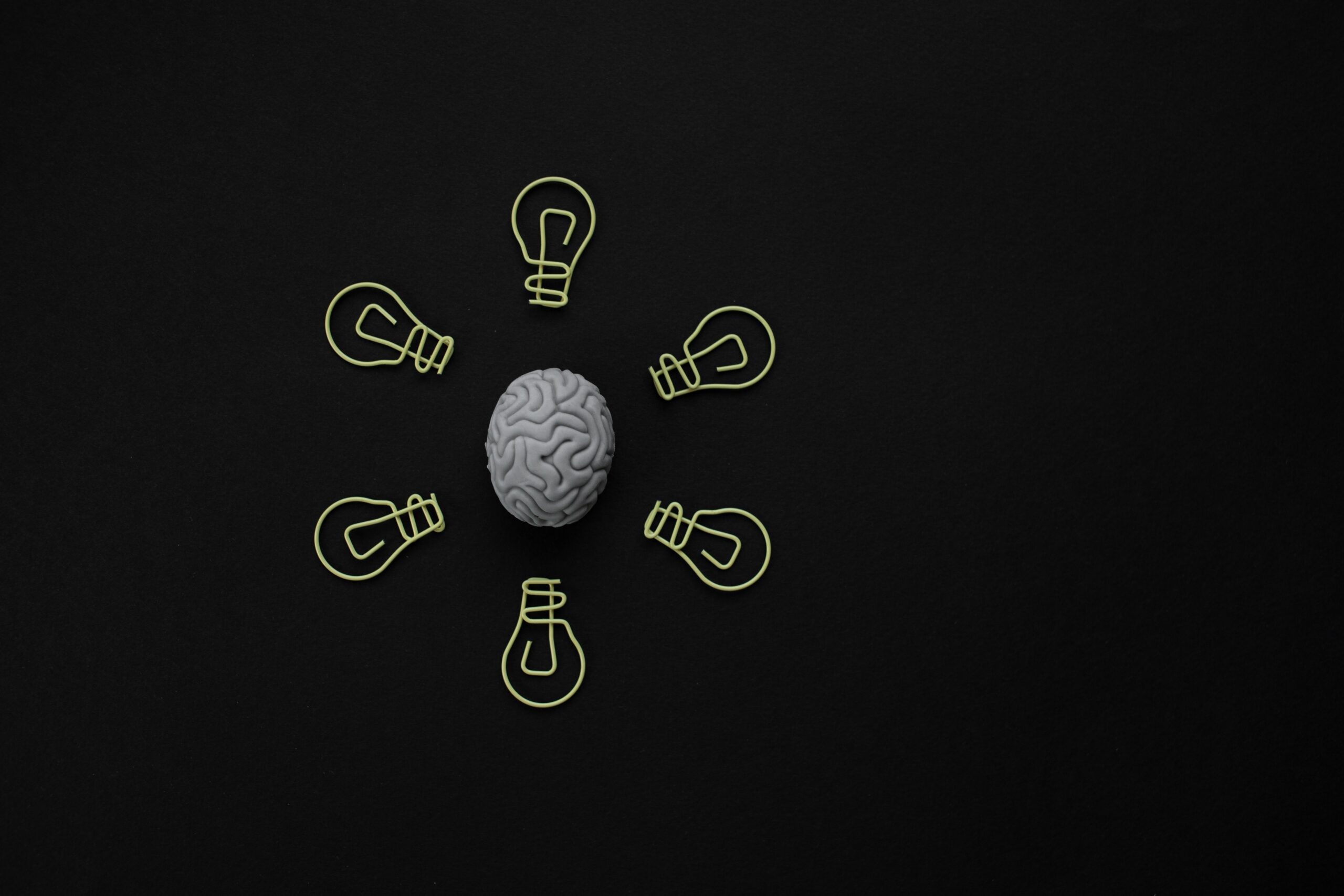 It's hard to keep a clear head in this day and age...
It's hard to keep a clear head in this day and age...
In the more than two decades I spent in consulting and investment banking, I can't count the number of weeks I worked long hours... often waking up and going to sleep in different cities day after day.
That nonstop lifestyle has only gotten more demanding in the era of the Internet and instant news. In a study of 5,100 workers across different industries, 62% reported high levels of stress, loss of control, and extreme fatigue.
Stress is a part of everyday life. When you throw in large workloads and tight deadlines, these feelings can become debilitating. It's why many don't last long in finance.
This battle of managing all-consuming careers has given rise to the popular notion of "work-life balance." The logic goes that the key to happiness lies in the separation of your private and professional worlds.
I find the idea ridiculous.
The term work-life balance implies that when you're working, you're not living. Therefore, you're only alive when you stop working.
There's an obvious flaw in that line of thinking... Work is a part of life. You can't expect to feel fulfilled if you separate the two.
Today, I'm taking a break from my usual investing lessons to offer a lesson about life – all of it. As I'll explain, work and life are far more interconnected than most people realize. And what's good for one is also good for the other...
 I'm not saying you should spend your days strapped to your desk chair...
I'm not saying you should spend your days strapped to your desk chair...
Not everyone is going to thrive in the sort of intense environment that I encountered in investment banking. That's OK.
However, the general idea is when you're 100% focused on the best things for your health, you'll have the best breakthrough ideas for work. Drawing a line between work and life does you a disservice in both aspects.
My close friend Dr. Param Dedhia is a Johns Hopkins-trained physician. He developed a framework called "BEST" that has allowed me to remain productive and avoid burnout.
The BEST framework is based on four principles... breathing, eating, sleeping, and training.
Let's start at the top. Breathing is a natural action. You probably don't think you need to be taught how to do that.
Yet you might not realize that an intentional focus on breathing can bring mental clarity. This is the foundation of meditation.
The next time your schedule gets busy or life gets distracting, take a moment to sit... close your eyes... and breathe.
It might feel silly at first... Yet if it didn't help, top investors like Ray Dalio, Paul Tudor Jones II, and Michael Novogratz wouldn't spend up to 40 minutes of their hectic days doing it.
Just by focusing on your breathing, you'll feel more in tune with your body and mind. And by allowing your mind to roam free, you'll have more room for creative thinking. A Harvard study found those who meditate demonstrate a 22% wider range of ideas than those who don't.
 Moving on to eating...
Moving on to eating...
Skipping meals has become far too commonplace for folks working in fast-paced environments with long hours. Taking time out of your day to eat is vital for your physical health. It also greatly boosts your mental health.
When you devote time to eating a meal, you give yourself a break from your work and other outside distractions. And that gives your mind time to roam freely. Something as simple as enjoying a meal at dinner can spark your best breakthrough ideas.
The third principle of the BEST framework is a critical one... sleep.
Our subconscious minds continue to operate, even after we close our eyes for the night.
And if you've ever gone to bed feeling drained and discouraged, only to wake up with a breakthrough idea... that's the Zeigarnik effect in action. It means when you leave a task unfinished, you're far from done with it.
While you're sleeping, your brain and body are able to slow down and focus on recovery. They don't need to worry about all of the normal bodily functions that take place while you're awake.
This frees up your mind to piece together the fragments of ideas bouncing around in your brain. It can link together weak associations that you might never have noticed when you were awake.
In short, there's real, solid science behind "let me sleep on it."
And that brings me to training, the last of the BEST principles.
When you're exercising, you're probably not thinking about work... Often, you're thinking of nothing but the task in front of you. Similar to waking up after a good night's sleep, you might come up with the answer to a problem the moment you finish your workout.
That's because exercise boosts your executive function, which is connected to the parts of your brain that handle reasoning, problem-solving, and planning.
 The BEST framework reminds us that work and life don't run parallel...
The BEST framework reminds us that work and life don't run parallel...
They often cross paths. The principles and practices you embrace at home can and will change your experience at work... and the other way around.
I've found that focusing on my mental and physical health often leads to the best work breakthroughs... the best new ideas... even the next outline for an article or the title for my next presentation.
It's not about balancing your work with your life. It's about finding a balance in your life... which includes but isn't limited to your work hours.
Regards,
Joel Litman
September 15, 2023



 It's hard to keep a clear head in this day and age...
It's hard to keep a clear head in this day and age...

